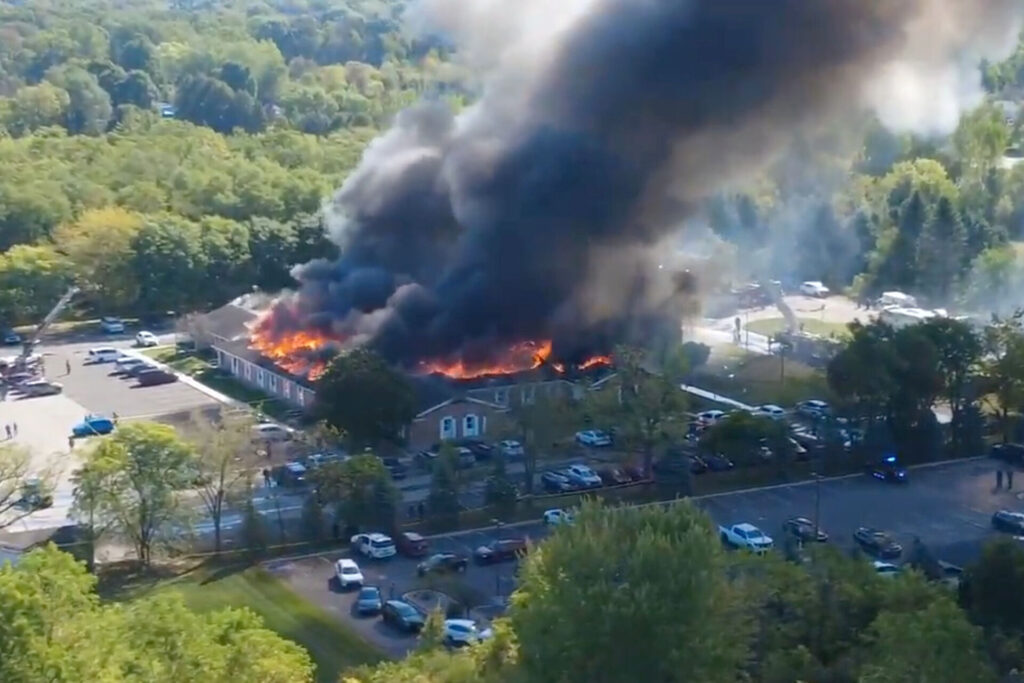Legislature could hear bills based on Douglas County and Aurora theater shooters

Rep. Cole Wist doesn’t know the answer, but he’d like the legislature to probe the questions on whether our laws go far enough when threats are made. He is concerned about whether enough was done about threats Matthew Riehl made far in advance of ambushing four Douglas County deputies, a Castle Rock police officer and two civilians in Highlands Ranch on Dec. 31.
The shooting left one deputy, 29-year-old Zackari Parrish, dead.
The House assistant minority leader from Centennial wants the General Assembly to consider whether law enforcement and judges have enough discretion on when threats pose a risk for harm. The bill is one of three Wist is working on to beef up public protections and transparency in the justice system. He is considering a “truth in sentencing” bill, as well as an interstate compact to disclose to Colorado victims or their families where assailants are imprisoned in other states.
The legislature’s four-month session convenes Wednesday.
Riehl, who was killed by SWAT officers after the Douglas County shooting, was well-known to law enforcement for his threats against officers as well as vowing to run against Sheriff Tony Spurlock in YouTube videos. Officers had been to Riehl’s apartment earlier before they were summoned back by Riehl.
“We know there were a lot of red flags with this individual,” Wist said over coffee Monday afternoon.
A person who crosses the line and poses the threat to others or themselves could be held for mental health reasons, so a low would extend when such detentions would be applied.
“I’m sensitive to the fact out laws have a very, very high standard in terms of what’s required for there to be a hold,” Wist said. “I think we should have a discussion about whether we have the right standard.”
Denise Maes, the public policy director for the ACLU of Colorado, said the idea is a “devil’s in the details” proposition, such as how much latitude does law enforcement have in applying the law and what qualifies as an imminent threat, “and where those lines fall.” In the balance is free speech.
“We’ll have to see what kind of line Rep. Wist draws,” she said.
On the bill to inform victims about where inmates are located in other states, Wist cited Holmes, who is serving life without parole for the Aurora theater shooting in July 2012, and Austin Sigg, who abducted, raped and killed 10-year-old Jessica Ridgeway in Westminster in October 2012.
“We have crime victims who have gone years not knowing where the person who killed their loved one is located,” Wist said. “Now maybe that doesn’t sound significant to you or me, but to a victim who is laying their head down on a pillow at night, it’s meaningful for them to know where that person is, at least what state their located in and what facility.”
Maes said bill rightfully applies to withholding information that might endanger a witness, but she would like the exemption used to protect any inmate that might be at risk. She’s also not certain the law will allow information to be released to families and not any other member of the public, or that it could reliably be kept private beyond a family that receives the information.
A third bill under consideration would have judges disclose the earliest release date when a sentence is announced in court, including time off for good conduct or when a person being sentenced would qualify for parole or other early release.













